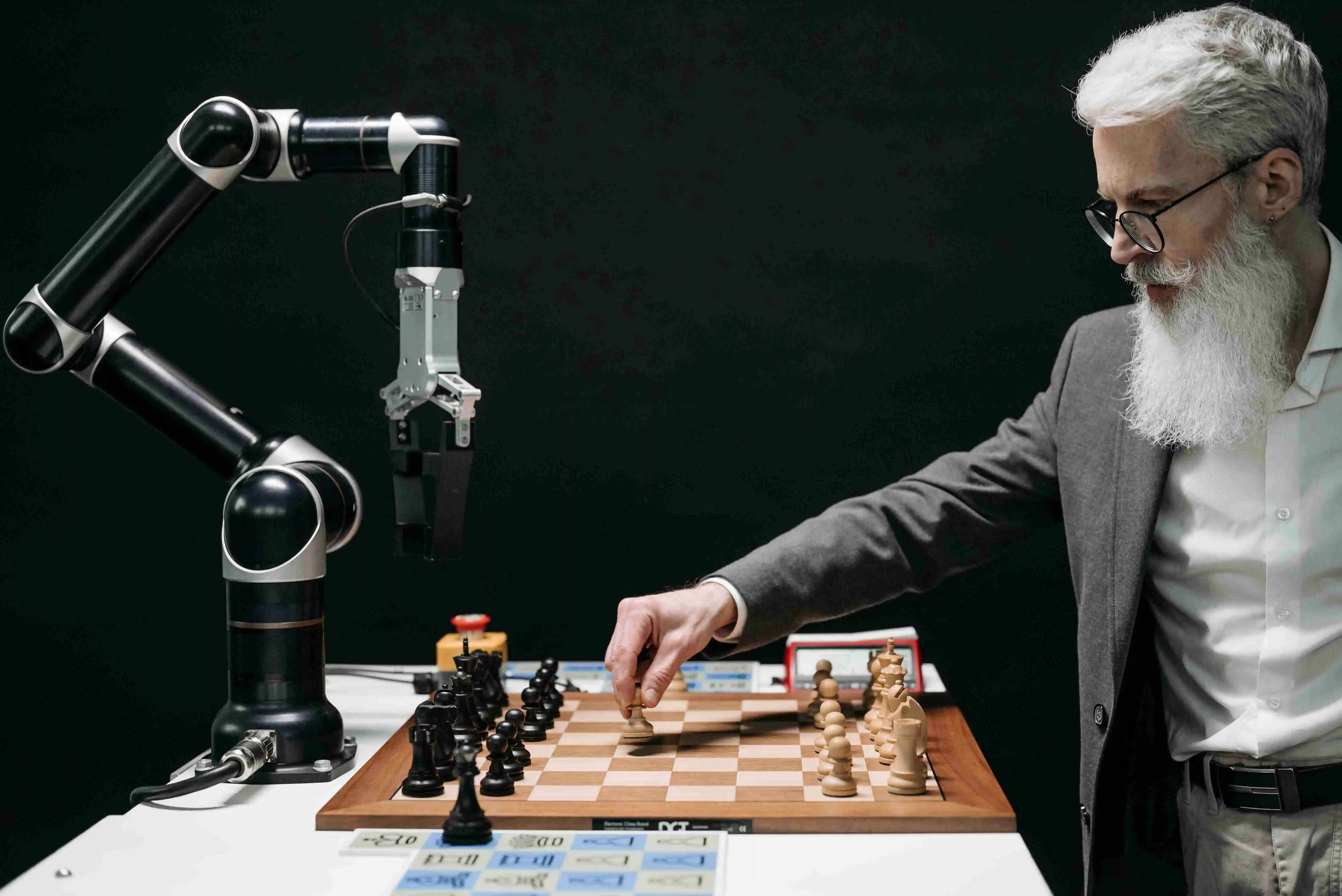Table of Content
- Computer Operators: Beyond Traditional Responsibilities
- Advanced System Monitoring and Analytics
- Integration with Cloud and Hybrid Environments
- Security & Compliance in a Modern Context
- Programming Assistants
- AI & Machine Learning Integration
- Adaptive Learning and Personalization
- Collaborative Development and Team Dynamics
- Computer operators and programming assistants Intersection and Future Trends
- DevOps & Continuous Integration or Continuous Deployment
- Computer Edge Computing and Distributed Systems
- Quantum Computing
- Ethical Considerations & Artificial intelligence Implications
- Conclusion
Computer Operator and Programming Assistant
Detailed discussion on the roles of computer operators and programming assistants, focusing on features that are often overlooked and less commonly discussed. This includes their developing responsibilities, the impact of emerging technologies & the intersection of these roles in modern tech environments.
Computer Operators: Beyond Traditional Responsibilities
1. Advanced System Monitoring and Analytics: Positive Monitoring
i)Modern computer operators use advanced monitoring tools that incorporate AI & machine learning to predict potential system failures before they occur. For example, systems might analyse historical data to identify patterns indicative of hardware degradation or software anomalies.
ii)Predictive Analytics: Leveraging data analytics to forecast system performance & potential bottlenecks. This allows for proactive adjustments to improve performance & prevent idle time.
2. Integration with Cloud and Hybrid Environments
i)Cloud Management: computer operators and programming assistants, operators are increasingly responsible for handling cloud infrastructures and including hybrid cloud environments where workloads are distributed between on premises & cloud systems. This requires knowledge of cloud service providers example AWS, Azure, Google Cloud and the ability to manage resources across these platforms.
ii) Computer Multi Cloud Strategies: Implementing & handling multi cloud strategies to avoid vendor lock in & optimize costs. This involves complex management of resources and data across different cloud providers.

3. Security & Compliance in a Modern Context
i)Advanced computer Threat Detection: Using sophisticated security tools to detect computer threats and mitigate threats. This includes integrating with Security data and event management (SIEM) systems to monitor and analyze security.
ii)Regulatory Compliance: Ensuring compliance with evolving regulations such as GDPR, HIPAA, and industry specific standards. Operators must stay abreast of legal changes & implement required system adjustments to meet compliance requirements.
Programming Assistants: The Cutting Edge of Development
1. AI & Machine Learning Integration
i)Contextual Code Suggestions: Artificial intelligence powered programming assistants like OpenAI, Codex provide contextual code completions and which go beyond simple autocompletion by understanding the developers intent & suggesting relevant code snippets or functions.
ii)Automated Code Reviews: Leveraging Artificial intelligence to conduct code reviews, identify bugs & suggest optimizations. These tools can analyse code for potential vulnerabilities and performance issues and adherence to best practices.

2.Adaptive Learning and Personalization
i)Personalized Code Assistance: Modern assistants can adapt to a developers new coding style write and preferences. For example they can learn to recognize frequent coding patterns and suggest improvements based on individual habits.
ii)Dynamic Learning: Constant learning from coding practices and feedback to refine suggestions and improve the relevance of assistance over time.
3.Collaborative Development and Team Dynamics:
i)Real Time Collaboration: tools like GitHub Code spaces and Visual Studio Live Share enable real-time coding. Programming assistants can enhance these skills by providing synchronized code submissions & resolving conflicts in collaborative settings.
ii)Version Control Integration: integration with version control systems to manage code changes, handle merge conflicts and maintain code integrity across multiple contributors.
Computer operators and programming assistants Intersection and Future Trends
1.DevOps & Continuous Integration or Continuous Deployment (CI/CD):
i)Automated Pipelines: The integration of computer operators and programming assistants is key in DevOps environments. Operators manage CI/CD pipelines to ensure that code changes are smoothly deployed, while programming assistants help developers by suggesting code improvements & automating testing.
ii)Feedback Loops: Creating feedback loops between operators & developers to ensure that operational insights inform development practices.
2. Computer Edge Computing and Distributed Systems
i)Management Challenges: As edge computing grows to operators need to manage distributed systems with nodes in various locations. This requires expertise in handling latency and synchronization issues and local data processing.
ii)Programming for Edge: Programming assistants will need to adapt to developing for edge environments and including optimizing code for resource constrained devices and ensuring reliability across distributed nodes.

3.Quantum Computing
i)New Paradigms: With the advent of quantum computing. operators will need to understand new types of hardware & software architectures. while programming assistants will need to support quantum programming languages and algorithms.
ii)Integration Challenges: The integration of quantum computing resources with classical systems will require sophisticated coordination & management.
4.Ethical Considerations & Artificial intelligence Implications
i)Ethical Artificial intelligence Use in computer world: Both roles will need to address ethical thoughts related to Artificial intelligence and automation. This includes ensuring that AI tools are used responsibly and that they do not introduce biases or privacy concerns.
Conclusion
The roles of computer operators and programming assistants are fast evolving with advancements in technology. While traditional responsibilities remain important and the integration of Artificial intelligence, cloud computing and emerging technologies is reshaping these roles. Understanding these advanced aspects and their intersections can help professionals stay in advance in an increasingly complex tech.
Similar articles
- Difference between narrow ai and general ai
- How AI is used in agriculture
- Janitor AI full details in depth with example
- What is the primary advantage of using generative ai in content creation
- ChatGPT features list, JBot, limitations, and benefits for you.
- The importance of computer networking & advantages of network